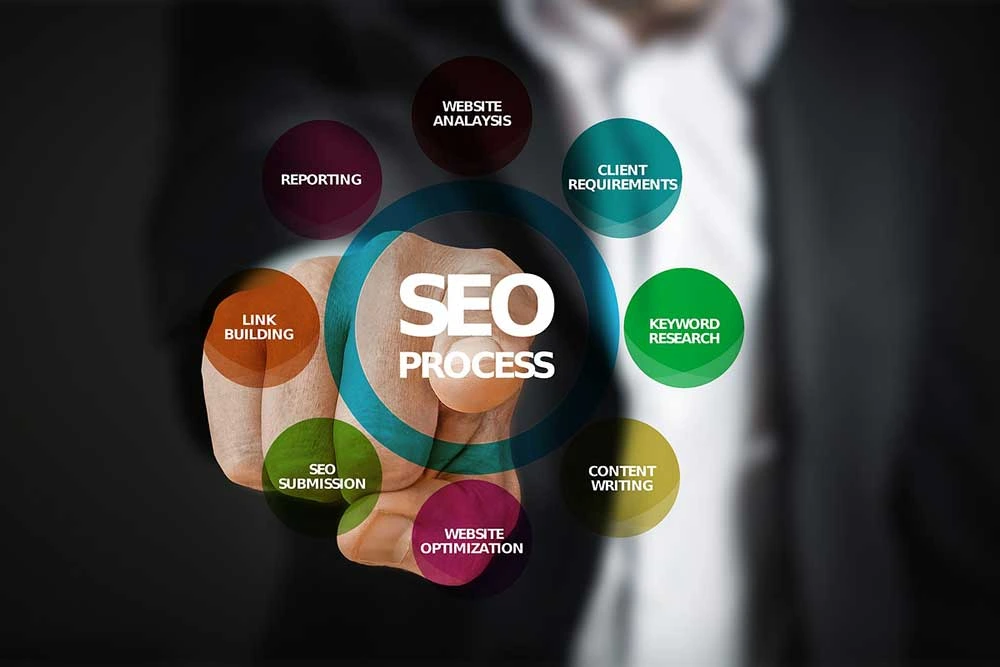
Search engines, such as Google, continue to evolve and update their algorithms. This in turn should affect the way that good web designers and developers approach how they build websites. After all, it’s not only important to design and build a website with the end user in mind, but one that is SEO friendly.
What Makes a Website SEO friendly?
Responsive Web Design.
Google states on their website the following definition of responsive web design:
Responsive web design (RWD) is a setup where the server always sends the same HTML code to all devices and CSS is used to alter the rendering of the page on the device. Google’s algorithms should be able to automatically detect this setup if all Googlebot user agents are allowed to crawl the page and its assets (CSS, JavaScript, and images).
Translation: Having a single, mobile friendly website (as opposed to a separate mobile website and separate desktop website), that can be viewed optimally across all devices (smartphone, table, laptop, desktop). And Google recommends responsive design over separate mobile and desktop websites.
SEO Friendly URLs
Web pages that have human readable, keyword optimized URLs are better for SEO and the end user.
Example:
https://prominentweb.com/blog/does-your-ugly-website-hurt-your-business/ is more SEO friendly than https://prominentweb.com/blog/id73d28c1db955e344540514c38fe2dca9ba0-7
Optimized Pages of Quality Content
There’s an old SEO adage that Content is King. If you create an original web page of relevant and engaging, quality content, you may be more likely to attract links to your site which can be an effective way to build some authority for your website. Additionally, optimize your web pages effectively with keyword relevant tags, etc., so you may be more likely to improve your SEO rankings.
Faster Page Load Times
Who likes to wait? Not me, and most likely just about everyone else. Search engines, like Google, know this and have incorporated ranking signals that take page load speed into account. If your website loads slow, most people aren’t going to wait around until it does. So, make sure that your web pages load quickly.
Image Optimization
There’s no doubt that image can play an important role in your website’s ability to engage an visitor and exude a level of credibility. However, if your image file sizes are too large, they will slow down your page load speed, which is not good for SEO.
Therefore, you should make sure images are compressed enough as not to negatively impact page load speed. You also want to include alt image tags with relevant descriptions.
Social Media Integration
Although Google had publicly indicated in the past that social media does not get factored in as a direct ranking signal, it did imply that they may take a longer-run approach towards social media when it comes to trust.